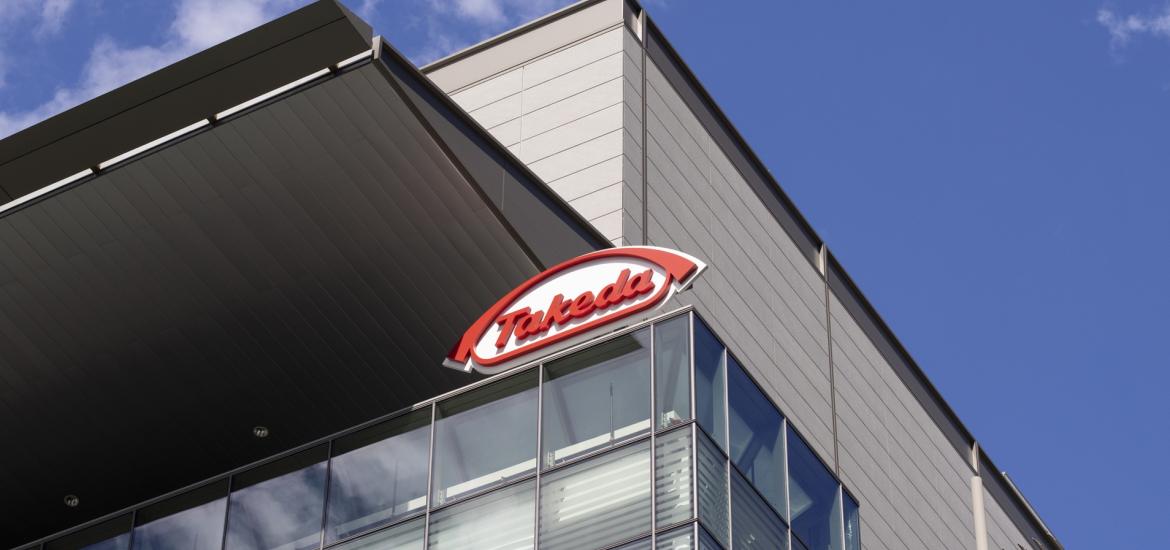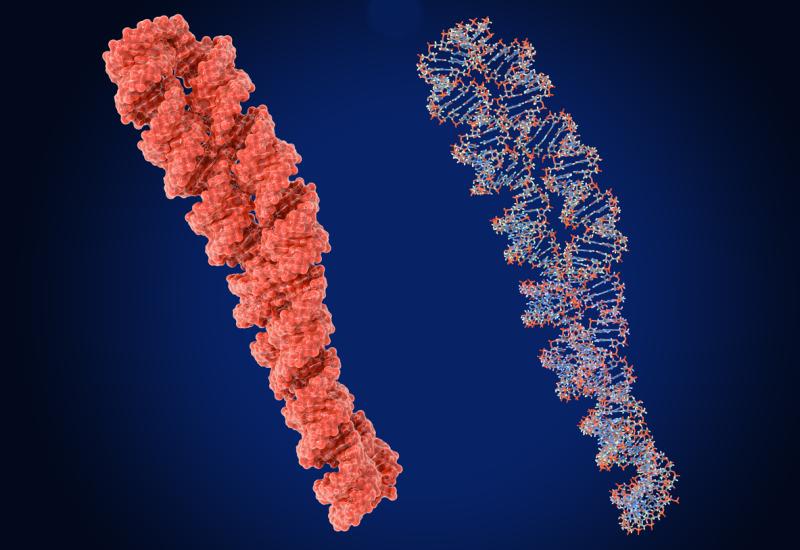
Takeda’s cancer prospects dim further
After trimming its cell therapy pipeline last year, the group is now out entirely.
After trimming its cell therapy pipeline last year, the group is now out entirely.

Takeda’s oncology hopes took a knock last year when it slashed its cell therapy pipeline, and now the Japanese group has left the cell therapy arena completely, it disclosed in an SEC filing on Wednesday.
It has been a long climbdown for the company, which spent an undisclosed amount on two γδ T-cell players: GammaDelta Therapeutics in 2021, and the GammaDelta spinout Adaptate Biotherapeutics in 2022. It’s now emerged that Takeda shelled out at least $400m – the amount it has written off in relation to the γδ T-cell platform.
Takeda, which discontinued several oncology assets earlier this year, including the B7-H3-targeting T-cell engager TAK-280, is left with a sparse-looking cancer pipeline, populated by the fruits of recent licensing deals. These include the polycythemia vera project rusfertide (via Protagonist), the activin A-targeting fusion protein elritercept (via Keros), and TAK-168, a small molecule against an undisclosed target that came from Kumquat Biosciences.
Going, going, gone
As for Takeda’s cell therapies, the writing was on the wall when the group discontinued three autologous Car-T assets in February 2024: the CD19-targeting TAK-940; TAK-102 (against GPC3); and TAK-103 (against mesothelin). TAK-102 and 103 came from a 2017 collaboration with the fellow Japanese group Noile-Immune Biotech, while TAK-940 was the result of a 2019 tie-up with Memorial Sloan Kettering.
This left the allogeneic CD19 Car-T project, TAK-007, as Takeda’s lead cell therapy asset. However, in May 2024 the company disclosed that it had discontinued development in oncology and pivoted to autoimmune disease.
Therefore, the main oncology project to go now is the GammaDelta-derived TAK-012 (GDX012), which had been in a phase 1/2 trial in AML. Takeda said it would seek a partner for its cell therapy platforms, but it’s hard to see who might be interested given the tribulations in this field.
Galapagos, which put its Car-T business up for sale in May, said on Wednesday that it had received a “limited number of non-binding offers”, but it seems that no firm bids have yet emerged. Galapagos expects to announce the outcome of its strategic review by 5 November.
Small molecules, biologicals & ADCs
Meanwhile, in Wednesday’s SEC filing Takeda said it would now focus on small molecules, biologicals and antibody-drug conjugates.
Aside from Japanese rights to AbbVie’s approved ovarian cancer therapy Elahere, Takeda’s most advanced project is rusfertide, in the oncology-adjacent use of polycythemia vera. Following positive data from the phase 3 Verify trial this year, Protagonist and Takeda plan a US filing in 2025 – although this could be hit by the recent FDA shutdown.
Furthermore, there are questions about how big the market for rusfertide could be, with Protagonist so far keeping quiet about whether it would choose to opt out of a 50/50 profit share; it’s due to make a decision by mid-2026.
Another late-stage Takeda hope is elritercept, licensed from Keros last year; dosing just began in a phase 3 trial, Renew. Meanwhile there are currently few details about the Kumquat-originated TAK-168, which recently went into phase 1.
Notably, Takeda’s website doesn’t list Ascentage Pharma’s BCR-ABL inhibitor olverembatinib as one of the group’s pipeline projects; Takeda signed a $100m deal with that group last year, but this only covered a licensing option, which might explain that project’s absence.
Takeda’s remaining cancer pipeline
| Project | Description | Indication | Status | Note |
|---|---|---|---|---|
| Elahare | Anti-FRα ADC | FRα-positive, platinum-resistant ovarian cancer | Approved | AbbVie drug; Takeda has Japanese development and commercialisation rights |
| Rusfertide | Hepcidin mimetic | Polycythemia vera | Ph3 Verify presented at ASCO 2025, filing due in H2 2025 | Licensed from Protagonist (ex-US & 50:50 in US) for $300m in Feb 2024 |
| Elritercept | Anti-activin A fusion protein | Myelodysplastic syndromes | Ph3 Renew began dosing Jul 2025 | Licensed from Keros outside China for $200m in Dec 2024 |
| TAK-168 (KQB168) | Undisclosed | Solid tumours | Ph1 began Jun 2025 | Licensed from Kumquat in Apr 2024 ($130m in “near-term payments”); Kumquat responsible for ph1 |
Source: OncologyPipeline & company website.
3528













